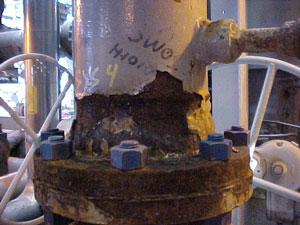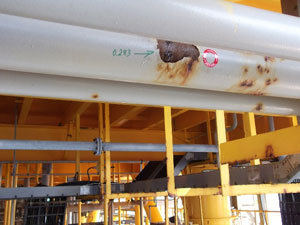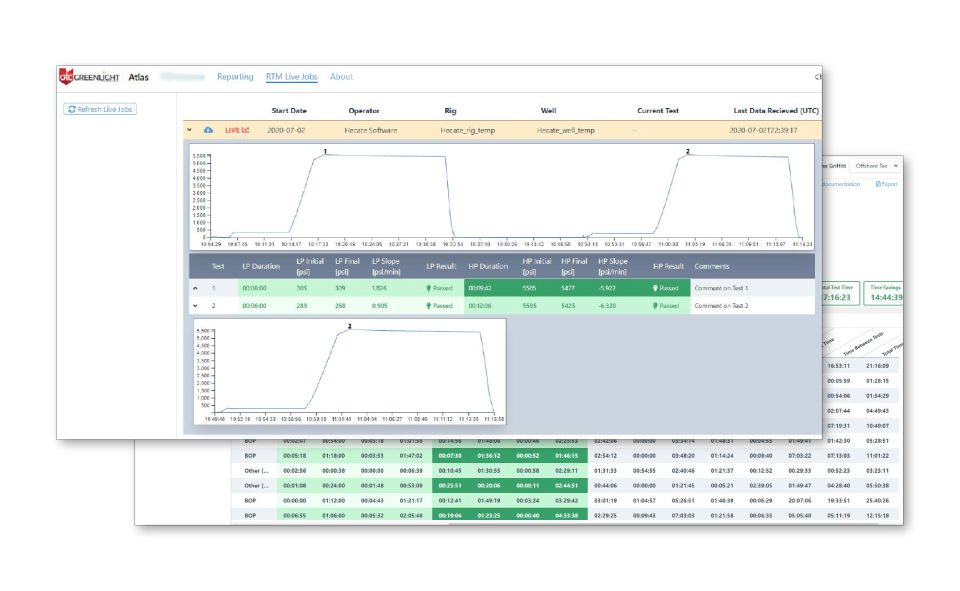Ensuring that equipment performs and functions as it should promotes efficiency and streamlines operations, and taking the proper measures to maintain your company’s assets is an integral part of your day-to-day business. However, proper asset integrity goes beyond routine maintenance measures. In order to take a proactive approach in your company’s efficiency and productivity, it is imperative that you implement regular Fit for Purpose (FFP) assessments.
What is a Fit for Purpose (FFP) Assessment? Operators should always question: “Is this piece of equipment that I’m about to utilize ’fit for purpose’ ? meaning, can this piece of equipment safely perform its function in its current condition?”
The Idle Threat of Corrosion + Erosion
Per the National Association of Corrosion Engineers (NACE), “corrosion is a naturally occurring phenomenon commonly defined as the deterioration of a material – usually a metal – that results from a chemical or electrochemical reaction with its environment.” Like other natural hazards, corrosion can cause dangerous and expensive damage to metallic structures, especially in the high-risk environment of offshore oil and gas structures, piping and other pressure containing equipment. If left unchecked, corrosion can create a breach in containment, which can lead to high-risk situations and costly consequences for your personnel, the environment and your company’s property.
In addition, erosion can exacerbate or accelerate the rate of corrosion due to the relative motion of corrosive fluids, high velocity, turbulent flow, sand content and other factors.
Proactive Assessments Increase Safety and Productivity
Corrosion and erosion are an unfortunate yet unavoidable inevitability in the oil and gas industry. It is not enough to simply maintain or repair when the need arises; in order to take control over inevitable environmental forces, you must have a proactive plan in place to ensure that structures and equipment will function according to its design and specifications.
Experienced in Regulatory Compliance Readiness, our experts routinely perform Fit For Purpose (FFP) Assessments with our clients. We identify and address possible threats by performing corrosion and erosion checks as part of lifecycle management and pressure equipment integrity programs. We also perform integrity management gap assessments to help clients enhance their mechanical integrity programs.
You Are Already Performing FFP Assessments – Whether You Realize It Or Not
Each time a piece of equipment is inspected, the decision is made on whether or not repairs are needed. Essentially, your team is performing an FFP assessment.
When you start a job, you want to answer the question: “Is this piece of equipment that I’m about to utilize ’fit for purpose’ ? meaning, can this piece of equipment safely perform its function in its current condition?”
Determining FFP is not about the age of equipment but rather about understanding its true and current condition during the aging process. Offshore Technical Compliance inspectors use sound inspection methodology at various frequencies as, in our experience, this can be a highly effective diagnostic tool.






